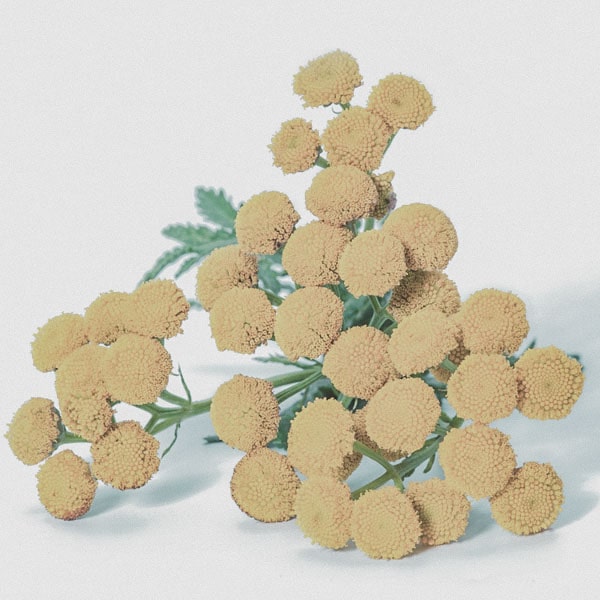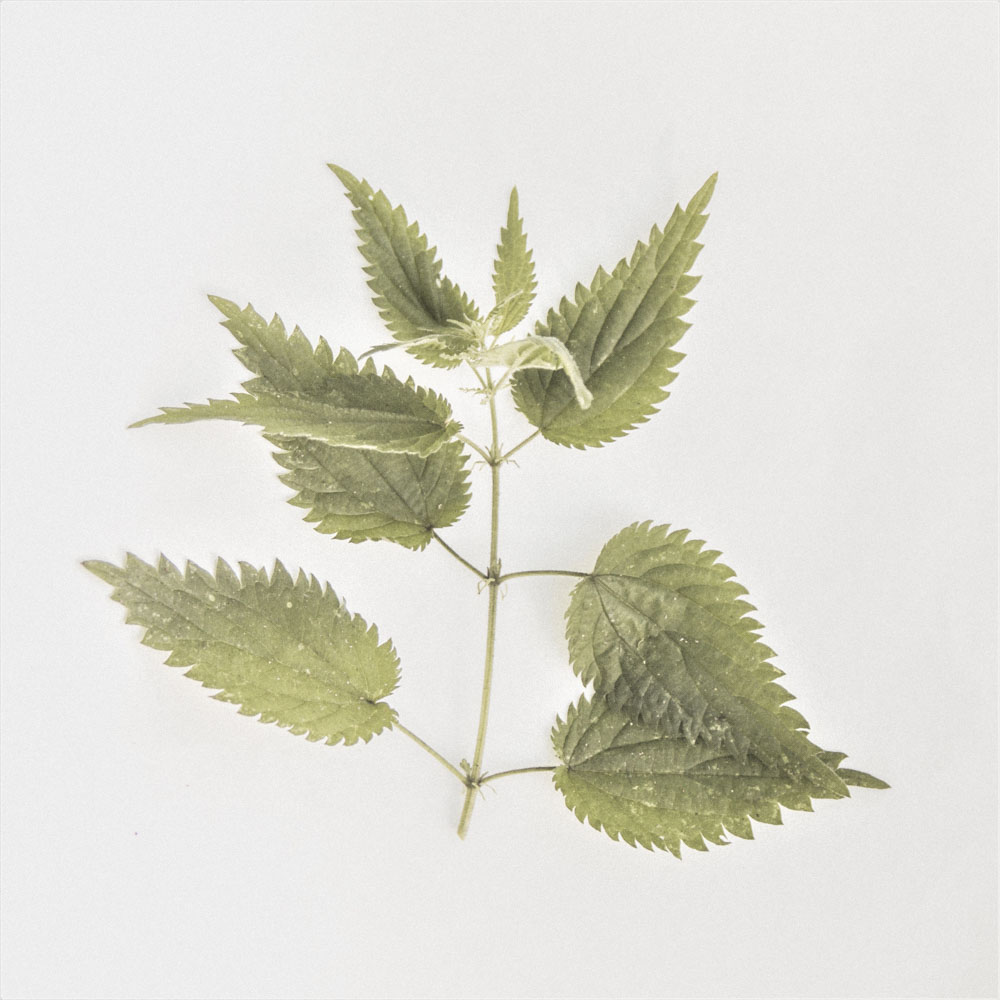Rosehip Seed Oil
INCI: Rosa Canina Seed Oil

Taking care of your skin is a priority, and finding the right products to include in your routine can be a challenge. That's why we're here to introduce you to a natural ingredient that has been gaining popularity in the skincare industry – rosehip seed oil. In this comprehensive guide, we will discuss everything you need to know about rosehip seed oil, including its benefits, nutrients, and how it can be used in skincare.
Scroll down to read
What is Rosehip Seed Oil?
Rosehip seed oil is a natural oil extracted from the seeds of the wild rose bush. It is a rich source of essential fatty acids, vitamins, and antioxidants, making it an ideal ingredient for skincare. The oil is known for its moisturizing and rejuvenating properties, which can help improve the appearance of skin.
The Skin Feel of Rosehip Seed Oil
Rosehip seed oil is a dry oil, which means it is quickly absorbed into the skin without leaving a greasy residue. It has a light texture that feels smooth and silky on the skin. The oil is also non-irritating and can be used on sensitive skin types.
The Comedogenic Rating of Rosehip Seed Oil
The comedogenic rating of rosehip seed oil is relatively low, which means it is unlikely to clog pores or cause acne breakouts. The comedogenic rating of rosehip seed oil is 1 on a scale of 0 to 5, with 0 being non-comedogenic and 5 being highly comedogenic.
How Has Rosehip Seed Oil Been Used in the Past?
Rosehips and rosehip seed oil has been used for centuries for its various health benefits. The ancient Egyptians and Romans used rosehip preparations to soothe skin irritations and heal dog bites, respectively. Chinese doctors and Native Americans also used rosehip preparations to treat various ailments. During World War II, rosehips were even used as a replacement for citrus fruits to keep coughs and colds at bay due to their high Vitamin C content. It wasn’t until the 1980s that rosehip oil’s potential for sensitive skin was discovered through extensive studies, revealing its healing properties for various skin conditions. Today, rosehip Oil is still popular for its hydrating and blemish-improving effects on the skin.
Benefits of Rosehip Seed Oil in Skincare
Rosehip seed oil provides numerous benefits for the skin:
Moisturizes the Skin
Rosehip seed oil is a natural moisturizer that can help improve the skin’s hydration levels. It contains essential fatty acids that can penetrate deep into the skin, providing long-lasting moisture.
Improves Skin Elasticity
Rosehip seed oil is rich in vitamin A, which can help improve the skin’s elasticity and firmness. It can also help reduce the appearance of fine lines and wrinkles.
Brightens the Skin
Rosehip seed oil contains vitamin C, which is a natural skin brightener. It can help reduce the appearance of dark spots and hyperpigmentation, leaving the skin looking brighter and more even-toned.
Reduces Inflammation
Rosehip seed oil contains antioxidants that can help reduce inflammation in the skin. It can be particularly helpful for those with acne-prone or sensitive skin.
Protects Against Environmental Stressors
Rosehip seed oil contains antioxidants that can help protect the skin against environmental stressors, such as pollution and UV radiation.
What Nutrients Does Rosehip Seed Oil Contain?
Rosehip seed oil is rich in a variety of compounds and nutrients that are beneficial for the skin, including:
Essential Fatty Acids
Rosehip seed oil is a rich source of essential fatty acids, including omega-3, omega-6, and omega-9. These fatty acids can help improve the skin’s barrier function and retain moisture.
Vitamins
Rosehip seed oil is rich in vitamins C, and E, which are all beneficial for the skin. Vitamin C is a natural skin brightener that can help even out skin tone. Vitamin E is a powerful antioxidant that can help protect the skin against environmental stressors.
Antioxidants
Rosehip seed oil contains antioxidants, such as beta-carotene and lycopene, that can help protect the skin against free radical damage.
Vitamin A
Rosehip seed oil contains a high concentration of vitamin A, which is a powerful antioxidant and essential nutrient for healthy skin. Vitamin A improves skin texture, reduces the appearance of fine lines and wrinkles, and regulates sebum production to prevent acne breakouts. Additionally, vitamin A has anti-inflammatory properties that help reduce inflammation in the skin and improve the appearance of acne scars and hyperpigmentation. By incorporating rosehip seed oil into your skincare routine, you can enjoy the numerous benefits of vitamin A for healthy, radiant skin.
Example Use Cases of Rosehip Seed Oil in Skincare
Rosehip seed oil can be used in a variety of skincare products, including:
- Moisturizers: Rosehip seed oil can be added to moisturizers to provide long-lasting hydration and improve skin texture.
- Serums: Rosehip seed oil can be used in serums to brighten the skin, reduce the appearance of fine lines and wrinkles, and protect against environmental stressors.
- Facial Oils: Rosehip seed oil can be used as a facial oil to nourish and hydrate the skin. It can be particularly helpful for those with dry or mature skin.
Frequently Asked Questions
Is Rosehip Seed Oil Suitable for All Skin Types?
Yes, rosehip seed oil is suitable for all skin types. It is non-irritating and has a low comedogenic rating, making it unlikely to cause acne breakouts.
Can Rosehip Seed Oil Help Reduce the Appearance of Scars?
Yes, rosehip seed oil can help reduce the appearance of scars. It contains essential fatty acids and vitamin A, which can help improve skin texture and reduce the appearance of scars over time.
Can Rosehip Seed Oil Replace My Moisturizer?
Rosehip seed oil can be used as a moisturizer, but it may not provide enough hydration for very dry skin. If you have dry skin, you may need to use a moisturizer in addition to rosehip seed oil.
Recap
To summarize, rosehip seed oil is a natural ingredient that can provide numerous benefits for the skin. It is a dry oil that feels smooth and silky on the skin and has a low comedogenic rating. Rosehip seed oil is rich in essential fatty acids, vitamins, and antioxidants that can help moisturize the skin, improve skin texture, brighten the skin, reduce inflammation, and protect against environmental stressors. It can be used in a variety of skincare products, including moisturizers, serums, and facial oils.
Further reading

Blue Tansy
As a skincare enthusiast, you're always on the lookout for new and innovative ingredients to help nourish and protect your skin. That's where blue tansy comes in - this beautiful blue oil has been gaining popularity in the skincare world for its many benefits. In this guide, we'll explore everything you need to know about blue tansy in skincare, from its history to its nutrient content and example use cases.
Continue reading
Nettle
Nettle is a secret ingredient that has been used for centuries in traditional medicine for its numerous health benefits. In recent years, nettle has gained popularity in the skincare industry for its ability to nourish and improve the appearance of skin. In this post, I will discuss the benefits of nettle in skincare, its nutrients, how to use it, and its side effects. So, let's get started!
Continue reading
Cornflower
I'm excited to share with you this comprehensive guide on cornflower in skincare. In this article, we'll explore the benefits of cornflower in skincare, its nutrients and compounds, and some example use cases. So, let's dive right in!
Continue reading